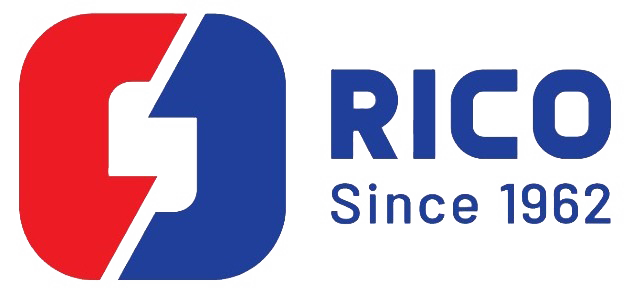Social Responsibilities
During recent decades, with increasing influences of businesses on the dimensions of sustainable development, namely “economy”, “society” and “environment”; a concept called Corporate Social Responsibility (CSR) has been emerged in the world of management.
Social responsibility means organizations need to be accountable to the community in which they operate, since they use its human, natural and economic resources.
In this regard, Radiator Iran Co. seeks to fulfill its social responsibilities as below:
- Economy (relationships with stakeholders, shareholders, employees and suppliers),
- Society (establishment of customer service system, recognition of the importance of consumer rights protection, product quality, warranty service and product diversity, and financial support for orphans of Niksa Charity Institute)
- Environment (environmental protection, pollution reduction, energy saving, waste reduction).
Environmental slogan of Radiator Iran Company

The most important environmental achievements of Radiator Iran Company include:
- Establishment of environmental standard (ISO14001: 2004) in 2011 by TUF NORD company.
- Establishment of energy management standard (ISO 50001: 2011) and taking continuous measures to improve energy efficiency and reduce unnecessary energy consumption, and to replace higher energy consuming equipment with lower consumables.
- Measuring and surveying for construction and implementation of sanitary and industrial wastewater treatment systems at the end of 2009, as well as regular management of treatment plants and testing of its parameters on a quarterly basis with cooperation of companies licensed by the National Environment Organization.
- Installation of an online monitoring system on wastewater treatment outputs using TDS, heat and PH parameters, and providing its monitoring data to the National Environmental Oganization.
- Increasing the green space from 4% to 6% within the total area of the company.
- Selecting one mayor from corporate managers as to improve the environmental conditions with the cooperation of all departments.
- Implementing an operational plan of the company’s waste management and determining the amount of each common, industrial and special wastes and then concluding a contract for the disposal of special wastes with companies licensed by the National Environment Organization.
- Waste segregation to keep dry and recyclable from wet wastes separately at the source and selling them for recycling purposes in authorized centers.
- Measuring and monitoring emissions of chimneys for all processes and forklifts on a regular basis.
- Changing the production process to reduce water consumption, including the replacement of submerged flushing processes instead of open cycle rinsing; employment of cooling towers and the transition of water to hydraulic presses and furnaces where water is used for cooling; the use of drip irrigation in green space irrigation.
- Development of environmental guidelines for all processes; development of environmental emergencies; preparedness and holding maneuvers; and training environmental issues and building culture among employees.
- Preparation of technical specifications of all chemicals with environmental considerations, including: : impacts on soil, surface water and aquatic animals; leakage control conditions; and environmental hazards.
- Launching the production line of expanded radiators with more environmentally friendly options compared to copper and aluminum radiators.

